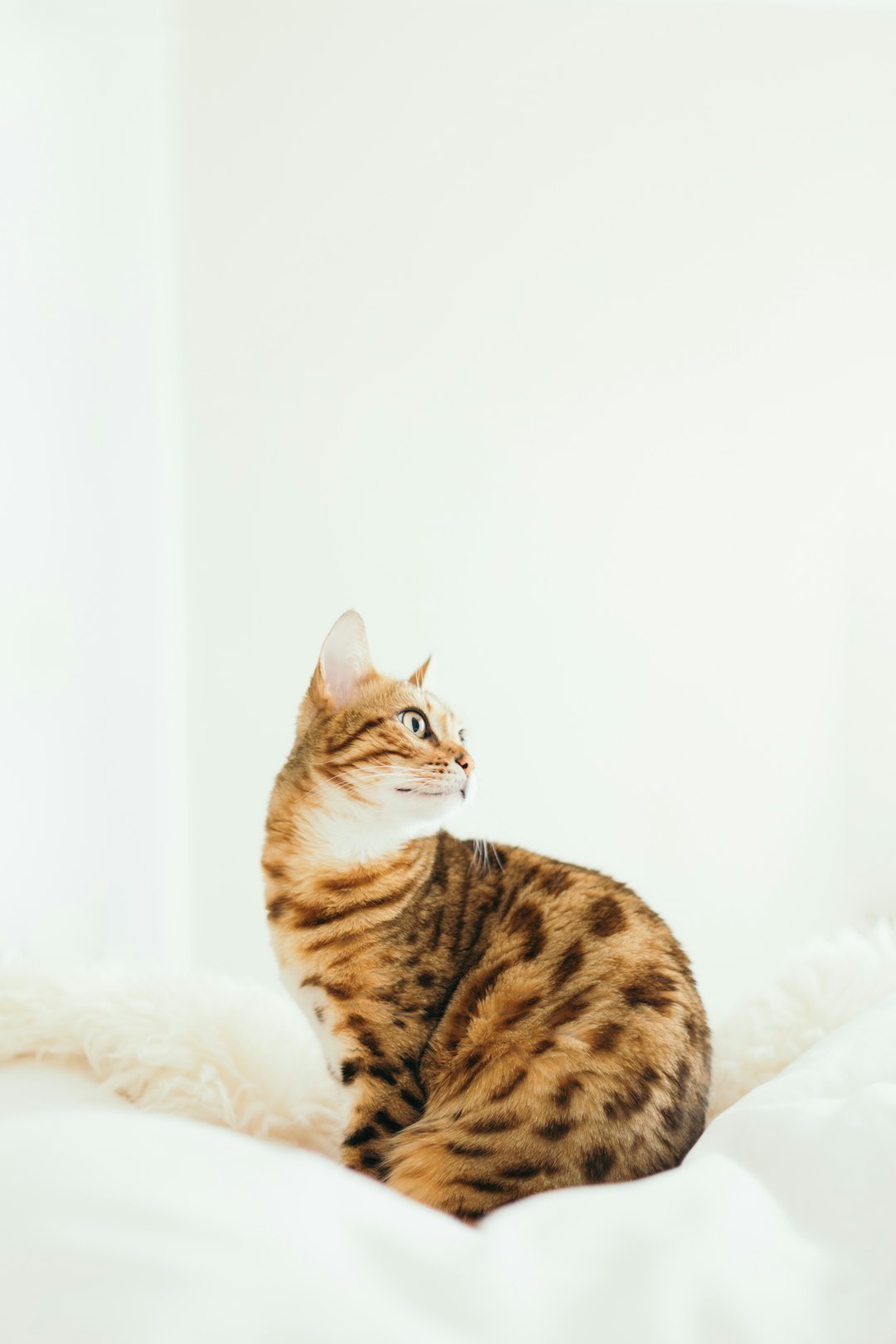Separation anxiety is a common issue that many pet owners face when they leave their furry friends alone for extended periods of time. Dogs and cats can become anxious, stressed, and even destructive when they are separated from their human companions. This is not only distressing for the pet, but it can also be a major problem for the owner. Luckily, there are ways to help your pet cope with separation anxiety and make their time alone more manageable.
Understanding Separation Anxiety
First and foremost, it is important to understand what separation anxiety is and why it occurs in pets. Separation anxiety is a psychological condition that occurs when pets become overly dependent on their owners and struggle to cope with being left alone. This can manifest in various ways, such as excessive barking, whining, destructive behavior, pacing, and even self-harm.
There are several reasons why pets may develop separation anxiety. Pets are social animals that thrive on human companionship, so being left alone for long periods of time can be distressing for them. Additionally, changes in routine, such as a new job or moving to a new home, can also trigger separation anxiety in pets.
Tips to Help Your Pet Cope with Separation Anxiety
Luckily, there are several strategies that pet owners can use to help their furry friends cope with separation anxiety. By implementing these tips, you can help your pet feel more comfortable and secure when they are left alone.
1. Gradual desensitization
One of the most effective ways to help your pet cope with separation anxiety is to gradually desensitize them to being alone. Start by leaving your pet alone for short periods of time and gradually increase the duration over time. This will help your pet adjust to being alone and reduce their anxiety.
2. Create a safe space
Create a safe and comfortable space for your pet to relax in while you are away. This could be a cozy bed, a favorite toy, or a special blanket that smells like you. Make sure the space is quiet and secluded, so your pet can feel safe and secure.
3. Keep them entertained
Provide your pet with plenty of toys and activities to keep them entertained while you are away. Interactive toys, puzzle feeders, and chew toys can help keep your pet busy and prevent boredom and anxiety.
4. Establish a routine
Pets thrive on routine, so establishing a regular schedule can help reduce their anxiety when you are away. Feed your pet at the same time each day, take them for walks on a regular basis, and create a consistent bedtime routine.
5. Use calming aids
There are several calming aids that can help reduce your pet’s anxiety when they are left alone. Calming sprays, pheromone diffusers, and stress-relief supplements can help relax your pet and make their time alone more manageable.
6. Practice positive reinforcement
Use positive reinforcement to reward your pet for calm and relaxed behavior when you are away. Give them treats, praise, and affection when they are quiet and well-behaved, to reinforce positive associations with being alone.
7. Seek professional help
If your pet’s separation anxiety is severe and you are struggling to manage it on your own, seek help from a professional. A veterinarian or animal behaviorist can provide valuable advice and support to help your pet overcome their anxiety.
Conclusion
Separation anxiety can be a challenging issue for pet owners to deal with, but with patience, understanding, and the right strategies, you can help your furry friend cope with being alone. By implementing the tips mentioned above, you can create a safe and comfortable environment for your pet and reduce their anxiety when you are away. Remember, every pet is different, so it may take some trial and error to find the right approach that works for your furry friend. With time and effort, you can help your pet feel more secure and relaxed when they are left alone.

